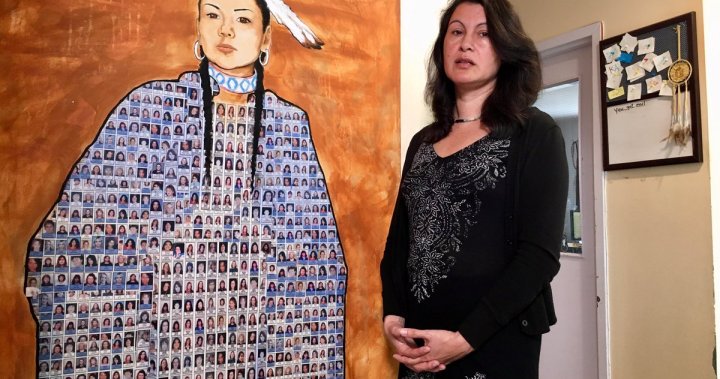
Montreal Native Women’s Shelter cuts ties with Quebec youth protection agency, citing racism
Global News
The Native Women's Shelter says it is suspending its participation in a joint committee with Batshaw over the latter's failure to take action on issues of systemic racism.
The Native Women’s Shelter of Montreal said Tuesday it has suspended meetings with health officials overseeing the province’s English-language youth-protection system because of the agency’s alleged failure to address systemic racism.
“It’s almost like history keeps repeating itself,” said Nakuset, the shelter’s executive director, who only uses one name. “We keep bringing it to the table, to the attention of upper-level management, but it goes to the void.”
The shelter informed regional health authorities in August about why it was refusing to meet with representatives of Batshaw Youth and Family Centres, Nakuset said, adding that Indigenous youth in the system wouldn’t be impacted.
“It’s important to note (while) we are suspending meetings with upper management, we are 100 per cent committed to the Indigenous children,” Nakuset told reporters during a virtual news conference.
“What we need is for the institution to make some changes because it’s like running into a wall.”
Nakuset said the problems inside Batshaw have been noted in multiple reports, including a 2019 study called One Step Forward, Two Steps Back, produced by her group and a research team at Concordia University. That report said Inuit children and families had been told not to speak Inuktitut while on supervised visits, adding that there had been no dedicated group to study concerns from Montreal’s Indigenous communities.
Some of those issues were echoed in a May 2021 report by Quebec’s human rights commission, which noted that encouraging people against speaking their native languages runs contrary to cultural safety practices.
The recommendations from the two reports were also included in reports from the Truth and Reconciliation Commission of Canada and from Quebec’s Viens and Laurent commissions, which studied Indigenous services and youth protection.













